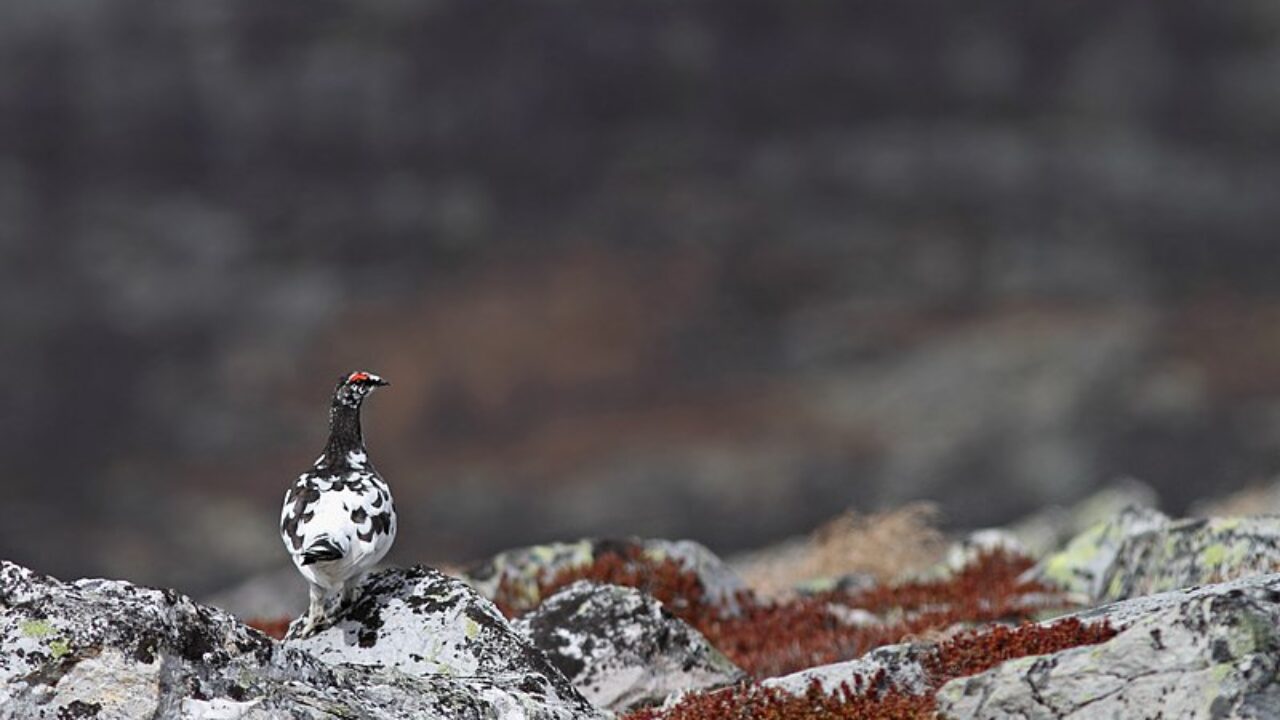Rádestit
Final report and knowledge bank
Here you can read the final report, results and proposals that were developed. It is about a local model for the management of small game and fish west of the cultivation boundary within the municipality of Arjeplog on lands that the state manages today. Read the final report.
The lectures that were developed and disseminated in the project are still available through the project's knowledge bank.
Implementation projects
The local actors in the steering group want to move forward, develop and ensure a continuation of the local collaboration that has begun. Various implementation projects are therefore working to realize what has been jointly agreed in the Rádestit project.
In a first step, the formation of a non-profit collaboration association is planned in the project "Rádestit - Collaboration on small game and fish in Arjeplogsfällen" with the support of Leader Lapland 2030. The application is being processed by the Swedish Board of Agriculture and the work will start in April 2024. If the project is granted, it also includes preparing for a local takeover of the leases and developing a locally adapted sustainability accreditation for organizers of hunting and fishing tourism.
During the year, work will also begin on developing a digital collaboration and communication platform with the working title "Welcome to us in Arjeplogsfjällen".
Background information
Local management, based on the conditions in a specific area, often leads to long-term sustainable management. The project was therefore seen as urgent and timely. The trigger was the Girjas judgment, and the idea was to avoid infected conflicts by focusing on solutions and developing a management model in broad collaboration.
The project was initiated by the five Sami villages in Arjeplog municipality that have land west of the cultivation boundary. They want to have greater influence over how leases are made, but also want other interests to be involved in developing the management system of the future. Arjeplog has long experience of consulting on how various local issues can be resolved. Work on snowmobile traffic and comprehensive planning, for example, has been carried out in this spirit. An extensive consultation with local actors on how the management could look like therefore formed the backbone of the project. All stakeholders affected by the leases - Sami villages, the tourism industry, hunters, fishermen and other interested parties - were invited to participate in dialog and collaboration. The project's name, Rádestit, is also the Ptesamish word for consultation.
Research is a cornerstone
For the Silver Museum, it is natural to run a project that develops a local management solution for small game hunting and fishing. The research conducted through INSARC concerns the relationship between the landscape and man ever since the ice sheet disappeared, and clearly shows how important hunting and fishing have been for those who lived here in Arjeplog. The research also addresses questions about how the landscape has been managed and is managed. The project is a way of making the research relevant in today's society. On to the research.
Knowledge and experience sharing
An important part of the work was to learn from others. Information on how the administration currently works in Arjeplog, Norrbotten and elsewhere was produced. Legal issues were identified and analyzed. It was about learning more and sharing experiences, for example about different leasing models, collaboration, history and economic and ecological conditions. Various experts and knowledge carriers were hired for lectures digitally and/or on site. See the knowledge bank.
Funding and financing
The project was financed by the Norrbotten Region, the Sami Parliament through the reindeer industry promotion grant, the Norrbotten County Administrative Board through village funds, Argentis AB, the Silver Museum and the Luokta Mávas, Maskaure, Semisjaur-Njarg, Ståkke and Svaipa Sami villages.
